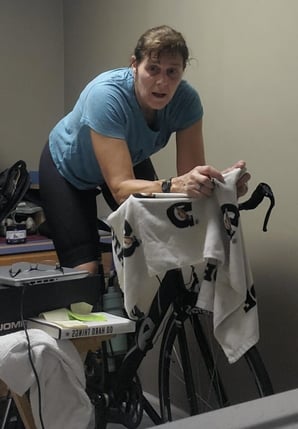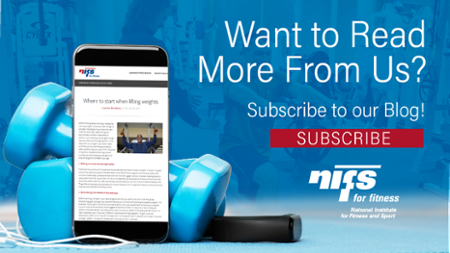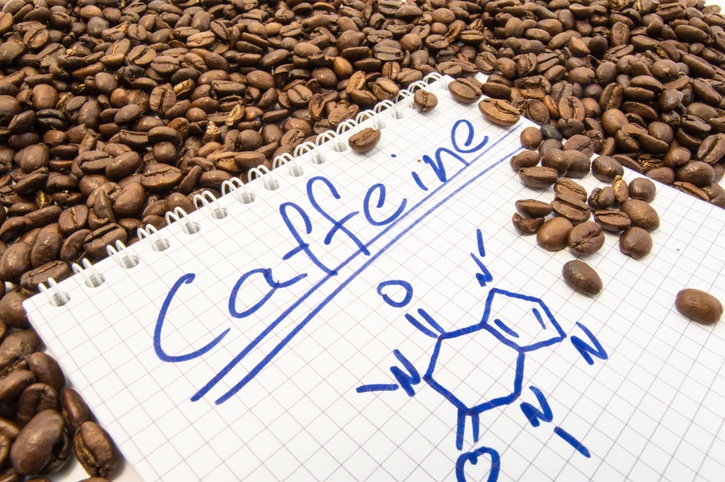Overtraining is a simple concept: just go hard for many days in a row without proper rest and recovery. I don’t recommend it. The effects of overtraining are:
- Lack of sleep (although you should be exhausted)
- Brain fog (can’t remember a thing)
- Body soreness (little aches and pains)
- Short of breath with everything (but I was gaining endurance)
- Hungry and thirsty (but you don’t want to eat or drink)
- Grouchy (everything and everyone will make you mad)
 How I Did It
How I Did It
I needed a challenge: get in better shape, lose a bit of weight, just complete something. “It’s the end of the year,” I thought. “Why start January 1?” I went looking and found the Rapha 500K bike challenge. This was it for me, with a tweak. The challenge consists of 500K on your bike (inside or out) from Christmas to New Year’s Day. That is over 40 miles per day. I knew that would be too much (since I have not been on my bike in months), so I picked the 12 days of Christmas (one of my favorite Christmas songs!). That equates to just under 26 miles per day. I started a day early, on Christmas Day, so I gave myself another day to complete my task.
It was a quiet Christmas, so I got on my bike two times that day to get in over 25 miles. I did fear the pain of sitting the next day, but it was okay. I rode daily (or twice) as if it were my job. The fourth day my early leg soreness was gone, and I could actually sit on my saddle for 45 minutes to an hour every morning—though by that fourth day I was noticing being tired and not being able to sleep. As a fitness professional I know the importance of sleep, and I tried to get in naps. (I have perfected the 10-minute power nap). At night I could not fall asleep or stay asleep for more that a few hours at a time. I do have to get up early many days a week and keep my schedule as normal as possible.
I was thinking if I averaged 20mph it would only be a little over an hour to get in the amount needed for the day. Every morning I would sing that day’s part of the 12 days of Christmas over and over!
I knew my brain was foggy when during rides I would try to do the math and it always seemed like I was behind in numbers (yes, it took me a long time to figure out also that just like a 5K run is 3.1 miles, it would take 310 miles to get 500K).
I also couldn’t remember what my client’s workout was, although I just looked at their workout sheet. I often couldn’t remember who I was training next, or where my pen was (it’s in your hand, idiot). Focusing on anything for more than a few minutes WAS NOT GOING TO HAPPEN. Coffee only gets you so far.
I did try to hydrate before, during, and after workouts, but I always seemed thirsty in the evenings). As for the hydration, I drank a lot, so I had to go to the bathroom a lot. This made staying asleep a challenge as well.
I figured I could eat anything since I was burning calories by the hundreds (at least that’s what my hunger was telling me). Christmas goodies were not the best replenisher. (I had the idea I would eat super clean and see what it did for my body fat, but that idea went out the window with the cookies calling my name with every trip through the kitchen.)
I was short of breath in everything I did, but my endurance in other workouts was there. Oh yes, I kept up my HIT and strength sessions those 13 days as well. No rest for the weary, as they say.
The last two days were easy (ha!) in mileage terms. I went 15 miles at NIFS on the 11th day, which was almost interrupted by a fire alarm. “Unless I see smoke and flames, I’m not getting off this bike,” I said to no one in particular.
The 12th day (13th technically), I had an “easy” 10 miles, just like the Tour de France heading into Paris. UGH, nothing could be further from the truth. My legs ached and it seemed to take forever to finish. But with a sense of relief and sadness, I had finished what I started.
I still was not sleeping well for a few weeks after, and I was still hungry, because your body doesn’t know if you’re getting back on that bike again or not. It’s going to tell you to EAT!
I miss my bike, and it misses me I’m sure, but I got a new level of endurance, and my brain has come back to remembering (thank goodness). I do feel like this led to me catching a cold later. I just didn’t feel like total recovery was possible without more days off, better eating, and quality sleep.
Take on Your Own Challenge
Do push yourself, but also make sure you recover. That means REALLY LISTENING to your body. It is a magnificent machine it you take care of it.
This blog was written by Kris Simpson, BS, ACSM-PT, HFS, personal trainer, and USTA at NIFS. To read more about the NIFS bloggers, click here.


 Like most people, I’m busy: full-time job, kids, a house… and in my “spare time,” I’m a high school tennis coach and play a lot of tennis. A few years back I started having issues with exhaustion (go figure). Right around 4pm I would just be overcome with complete, hit-the-couch, exhaustion. The only way to make it through the rest of my busy day seemed to be one more caffeinated drink.
Like most people, I’m busy: full-time job, kids, a house… and in my “spare time,” I’m a high school tennis coach and play a lot of tennis. A few years back I started having issues with exhaustion (go figure). Right around 4pm I would just be overcome with complete, hit-the-couch, exhaustion. The only way to make it through the rest of my busy day seemed to be one more caffeinated drink.